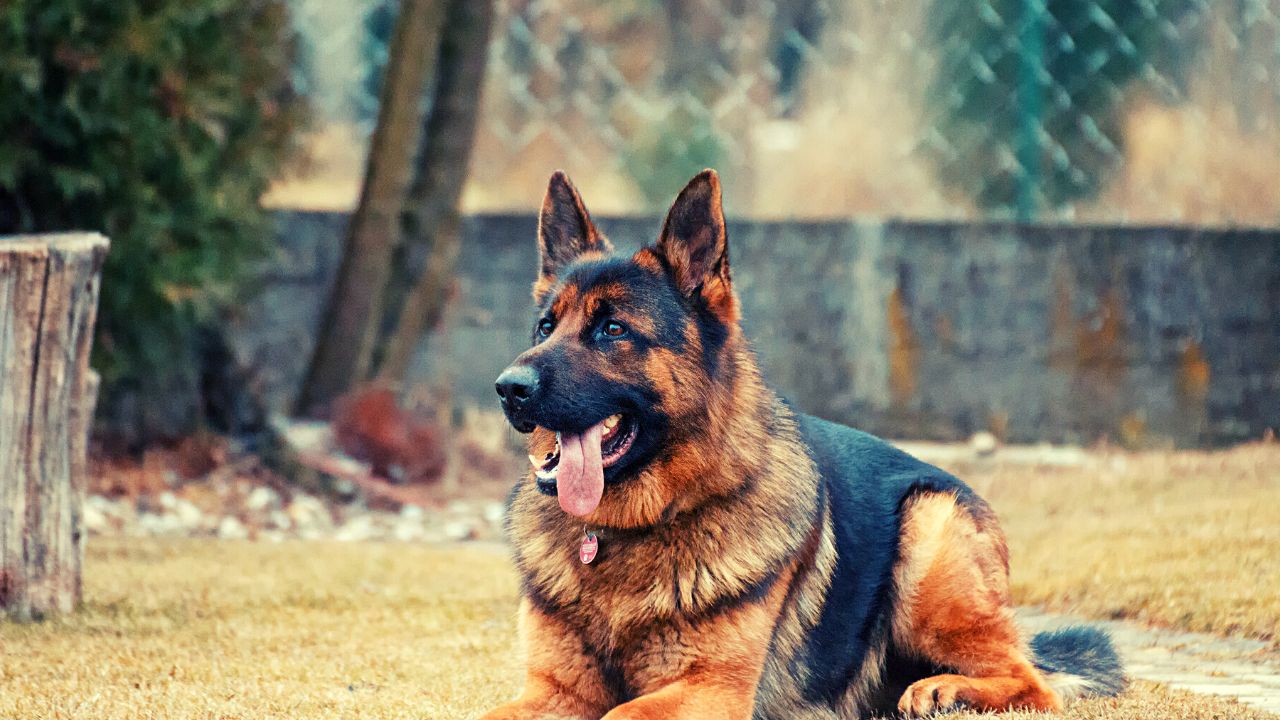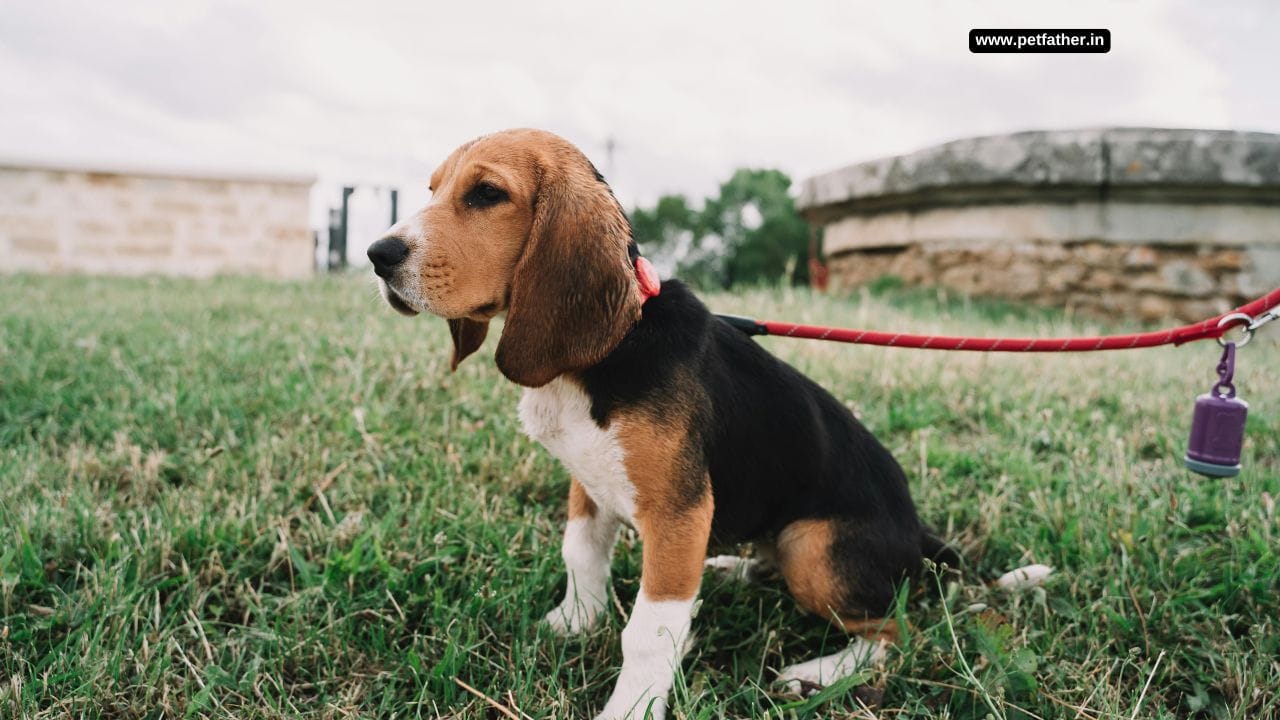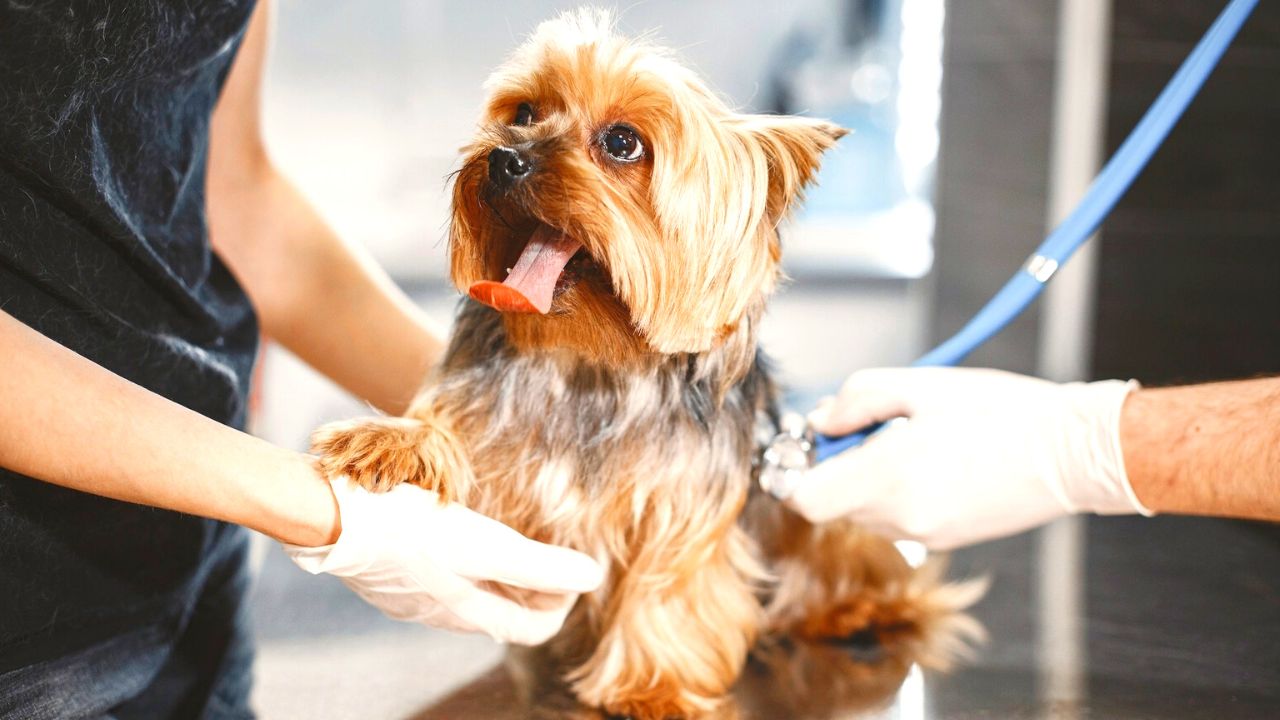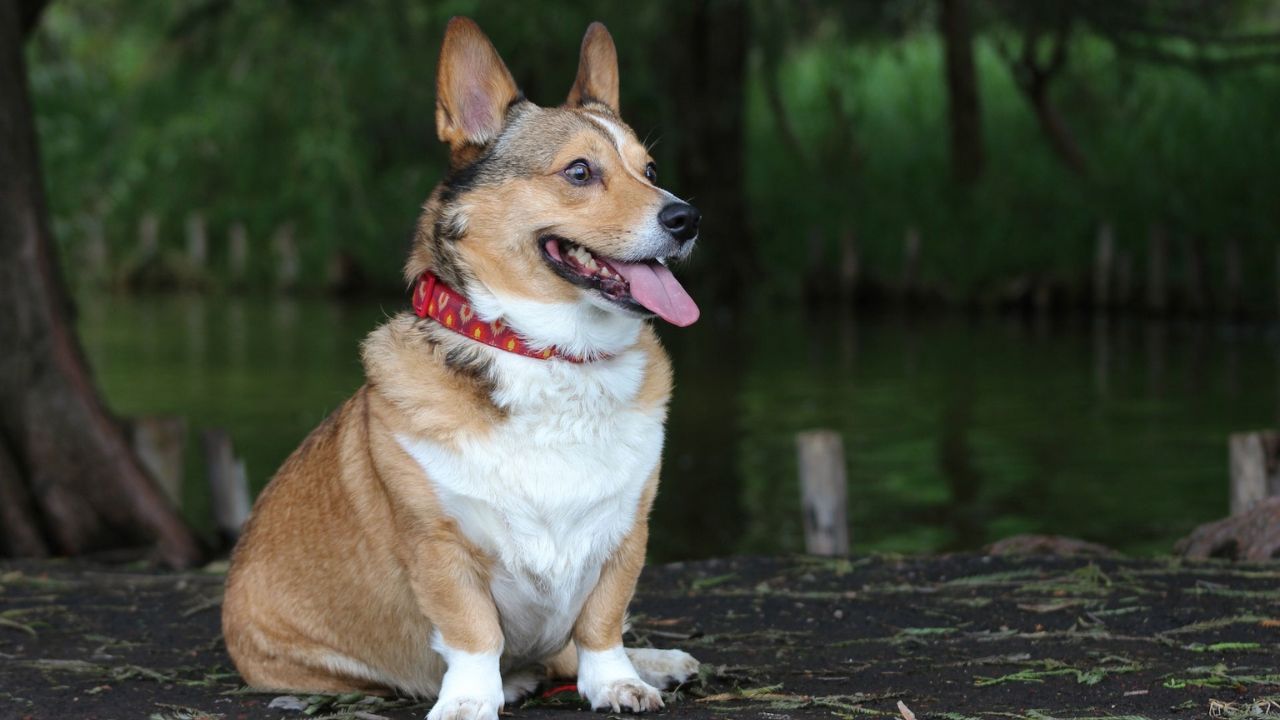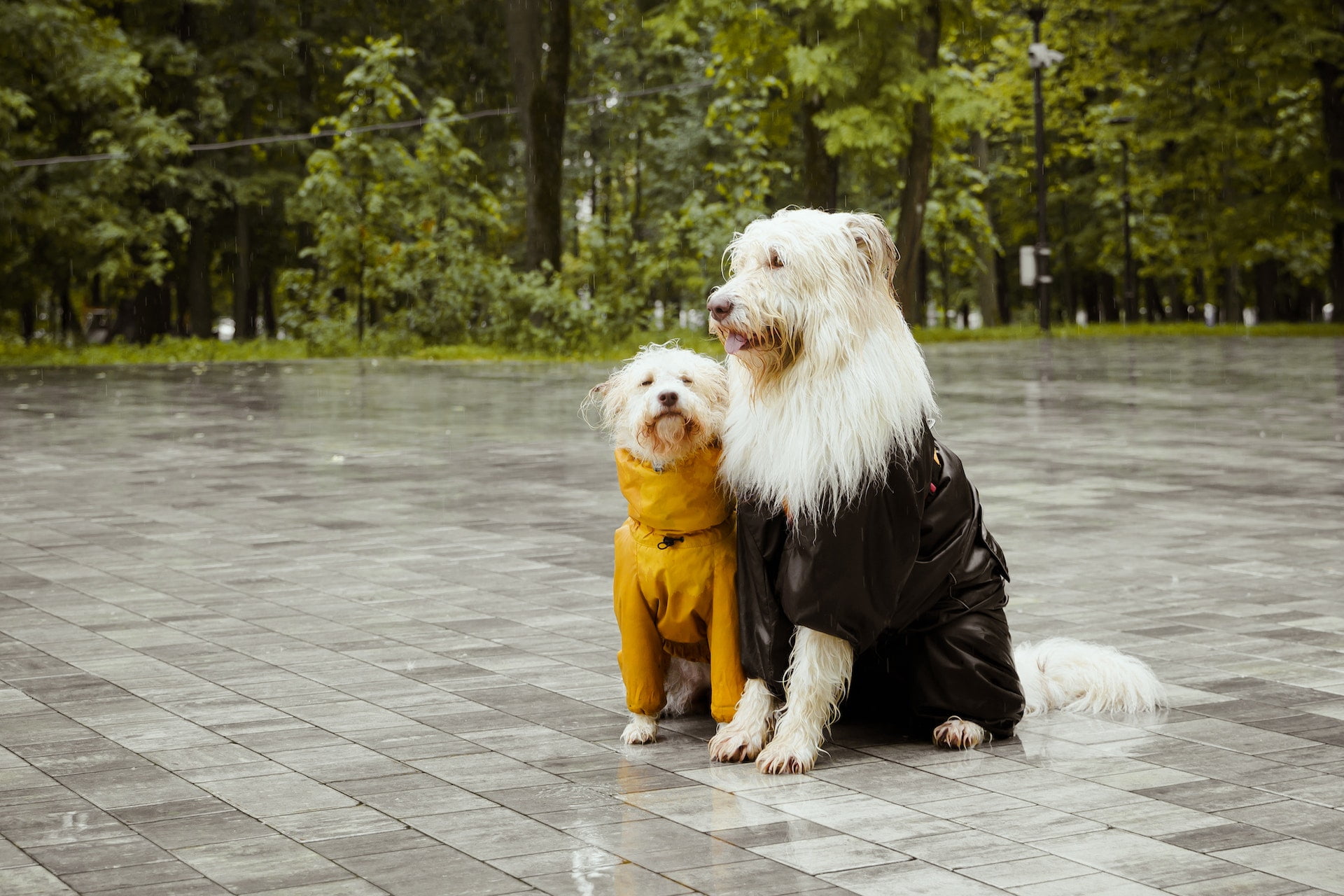
Table of Contents
Winter is again around the corner. While it brings joy to most of us, winter is still uncomfortable for a few people and your pet dog. A dog winter care guide is essential to keep your dog safe this season.
Dogs have a coat of fur; they can tolerate the cold better than humans. These fur-coated creatures are used to the warmth of indoor shelter, but cold weather can still be as hard on them as it is on humans. It’s a time when our beloved pets need a little extra care.
In India, most of the time of the year is freaking summer, so you must read our Dog summer care guide and save/bookmark it.
Essential products for dog care in winter
Dog winter care quick guide
Here are a few tips dog owners should follow to keep their pets safe and cozy in the cold season and enjoy the festivals carefreely.
Keep your pet indoors
No need to let them outdoors when it’s chilling outside. You can take them out for exercise when there is good sunlight. Otherwise, keep them indoors and buy them some toys to keep them busy.
Wrap your pet up in woollen clothes and jackets.
It is nice to invest in some suitable winter clothing for your dog. It will keep them warm, as well as make them look better.
Arrange warm and cosy bedding
Does your dog have aching joints? Perhaps your dog loses body heat quickly. A heated dog bed may be just what your canine friend needs and deserves. Heated dog beds warm your dog’s body, keeping them cosy even on cooler days.
Use a room heater (with caution)
Some parts of India can get chilled in winter. In that case, only warm clothes won’t be sufficient enough. You will need to buy a room heater.
Keep the dogs active indoor
Dogs can’t stay inside all day. They need some outdoor exercise. Sometimes it may be impossible to take them for a stroll outside in winter. In that case, buy some toys to keep them engaged in indoor activities. This will prevent anxiety and mood swings in your dog.
Dog health checkup in winter
Harsh cold weather can aggravate many health conditions that dogs may have. By getting into your vet’s clinic for a checkup, you’ll be able to identify any issues that require additional attention or care.
Adjust their food accordingly
Due to less activity, your dog may experience indigestion and other issues in winter. Make sure not to overfeed them, besides keeping them active indoors.
Dog paw care in winter
Cold weather brings potential paw hazards, including dryness, chapping, paw injuries and cracking, frostbite, poisonings from anti-freezing agents, hypothermia, and slips and falls.
Remedies? Purchase dog boots, trim your dog’s nails and long furs between toes with a pet hair trimmer, wash your dog’s paws after walks, moisturise paw pads, and more.
How to prepare your dog for winter?
- Bathe your pets as little as possible during colder months.
- After each walk, use a washcloth or wet wipe to wash and dry your pet’s feet and stomach to remove ice, salt, and chemicals—paying particular attention to the areas between footpads for snow/ice balls.
- Feeding them a little more during cold weather can provide much-needed calories. You should also ensure that outdoor pets have plenty of non-frozen water to drink to help keep them well-hydrated. For indoor pets that are not getting as much outdoor activity, you may have to feed less than you usually do so they don’t pack on that winter fat layer.
- Ensure your companion animal has a warm place to sleep off the floor and away from drafty areas.
Some extra tips for your dog’s well-being in the winter season
- Coconut and fish oils are essential to keep your pet’s skin and coat healthy and moisturized. Apply coconut oil topically if your pet’s paws, ears, or tail are dry or cracking.
- Since winters coincide with the holiday season, your dog risks getting exposed to raisins, chocolates, and candies containing Xylitol. All of it is toxic to the dogs.
- If you have a senior dog with arthritis or diabetes, cold weather may agitate their already achy joints. You may tone down your exercise regimen with your dog accordingly in the winter, say 15 minutes instead of an hour walk.
- Massaging petroleum jelly or other paw protectants into paw pads before going outside can help protect them from salt and chemical agents.
How to take a dog out in winter?
- Buy them warm clothes and boots.
- Putting them on a lease is better so they don’t run into hazardous situations.
- Clean their paws after coming back home.
Winter care tips for homeless animals
Let’s also spare a thought for the homeless dogs braving the harsh winters. Here’s how you can help them:
- Making them a bed from old clothes.
- Keeping food and water bowls outside for homeless animals.
- Giving special attention to puppies and kittens. If possible, please keep them safe in your gated community or home.
FAQs
How do you take care of a dog in the winter?
You need to buy the items mentioned in this post to care for your dog in winter.
What can I give my dog for winter?
Warm clothes, jackets, etc., as well as toys to keep them active in winter.
How cold is too cold for a dog to be outside?
Dogs should not be outside when the temperature falls below 8 degrees Celcius.
Do dogs feel cold in winter?
Even if your dog has a thick, heavy coat, it might feel chilly in the winter.
How do I know if my dog is cold?
Signs that your dog may be cold include shivering, lethargy, reluctance to go outside, and seeking warm places to rest. You may also notice changes in your dog’s behaviour, such as a loss of appetite or increased irritability.
What kind of shelter should I provide for my dog in the winter?
Your dog should have access to a warm and dry shelter, such as a heated dog house or a garage. The shelter should be insulated and elevated to protect your dog from the cold and dampness. Provide your dog with soft, warm bedding, and make sure the shelter is large enough to stand up and turn around comfortably.
How often should I bathe my dog in the winter?
Bathing your dog too frequently can dry out their skin and coat, making them more susceptible to the cold. It’s best to limit baths to once every two to three months or as needed if your dog gets particularly dirty or smelly. After bathing, dry your dog thoroughly and keep them indoors until completely dry.
Do I need to adjust my dog’s diet in the winter?
Dogs may burn more calories in the winter to stay warm, so you may need to adjust their diet accordingly. Speak with your veterinarian about whether your dog needs a higher-calorie or protein diet during the colder months. Ensure your dog has access to plenty of fresh water, as dehydration can occur even in the winter.
Can I walk my dog in the snow?
You can still walk your dog in the snow but take precautions to keep them safe and comfortable. Ensure your dog is dressed correctly for the weather with a warm coat or sweater, and consider using booties to protect their paws from snow and ice. Keep walks short and avoid areas with deep snow or icy patches.
How do I protect my dog’s paws from the cold and snow?
Snow and ice can be rough on your dog’s paws, so use booties to protect them. If your dog hesitates to wear booties, you can use paw wax or balms to protect its paws from the cold and prevent cracking. Make sure to wipe your dog’s paws and belly with a warm, damp towel after walks to remove any salt or chemicals they may have picked up on their feet.
What should I do if my dog gets too cold?
If you notice your dog shivering or showing signs of hypothermia, such as lethargy or disorientation, bring them indoors immediately and warm them up with blankets or a heating pad. You can also place warm water bottles or hot towels around their body to help raise their body temperature. If your dog’s condition does not improve, seek veterinary care immediately.
Are there any winter hazards I should watch out for with my dog?
Yes, winter hazards for dogs include frostbite, hypothermia, and exposure to chemicals like antifreeze or de-icing agents. Watch out for signs of these hazards and take steps to prevent them, such as keeping your dog warm and dry, avoiding areas treated with de-icing agents, and ensuring that your dog does not ingest any chemicals.


